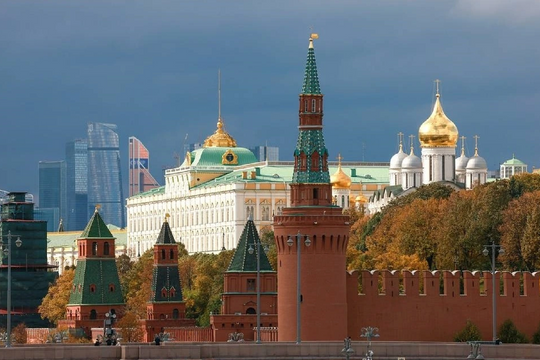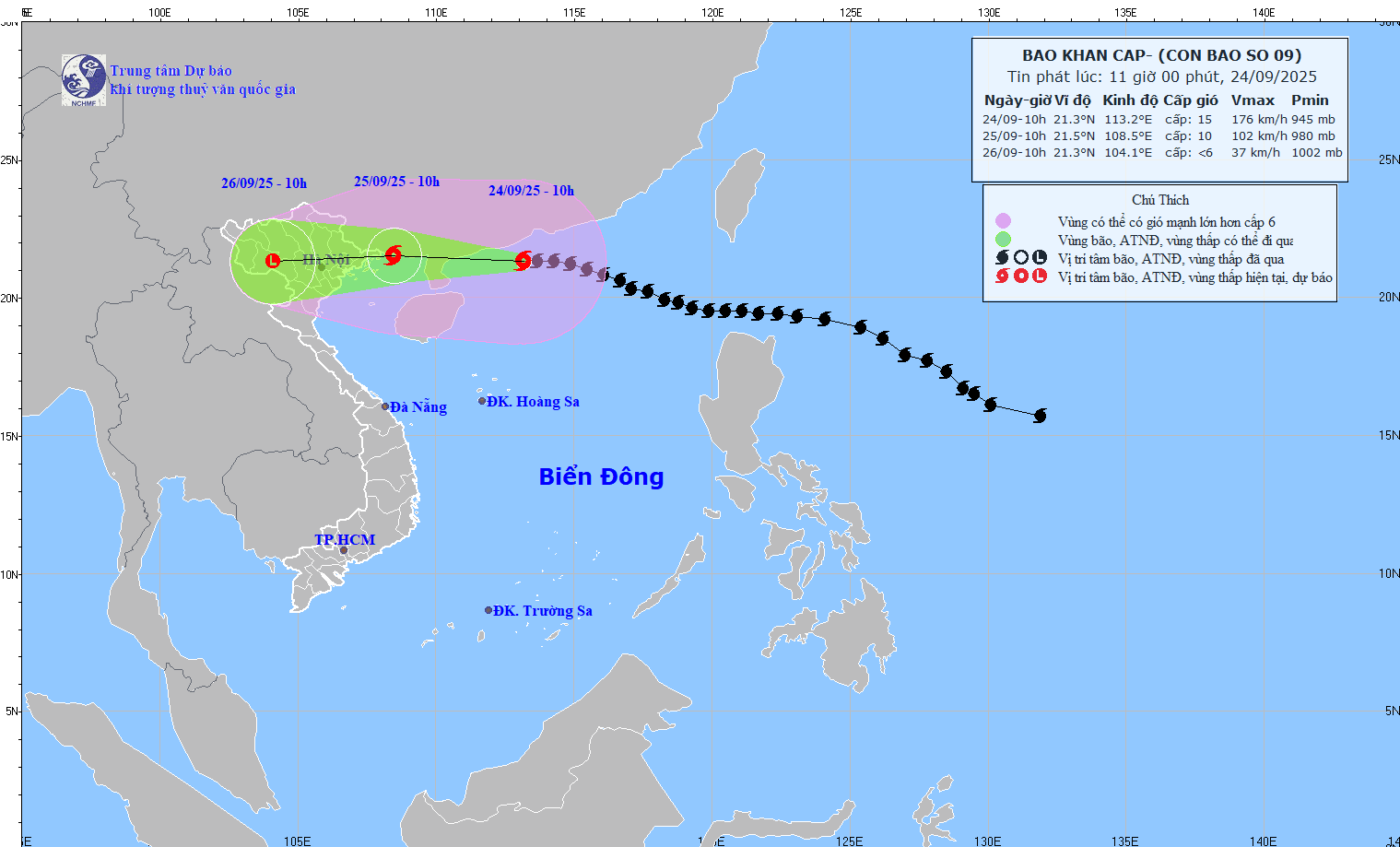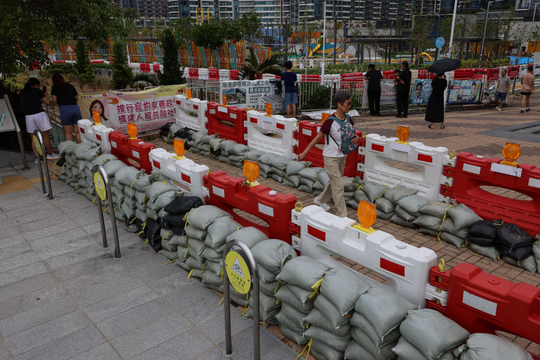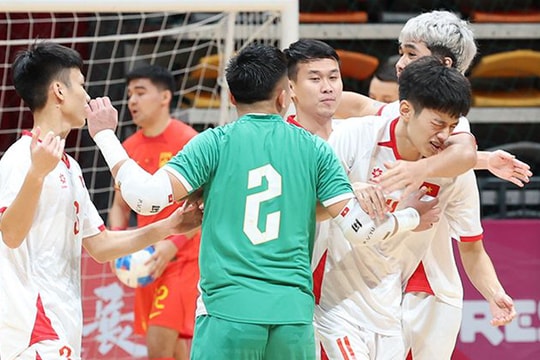Strategies to extend China's soft power arm
China has many tools to influence foreign countries, such as funding political parties or expanding the reach of its propaganda media.
|
Yang Jian, a New Zealand lawmaker suspected of being linked to Chinese military intelligence. Photo:AP. |
Over the past six months, there has been growing debate in Australia and New Zealand about how China is wielding more political influence in their countries than ever before. In September, New Zealand academic Anne-Marie Brady published a report on Beijing’s efforts to influence politics in the country.
They have used tactics including trying to control organizations representing the Chinese community in New Zealand, funding politicians and educational institutions. In late 2017, New Zealand's deputy prime minister called for an investigation into background checks after Brady and several reporters revealed that New Zealand lawmaker Yang Jian may have had links to Chinese military intelligence.
In Australia, questions about the extent of Beijing’s influence have loomed large over Canberra politics. Over the past year, a series of media revelations have revealed that much of the foreign funding for Australian political parties comes from China. An Australian senator reportedly protested his party’s stance on the South China Sea shortly after a Chinese donor threatened to cut off financial support. Australian universities, Chinese organizations and media outlets have become increasingly concerned about China’s influence. In response, the Australian government passed new laws late last year banning parties from accepting Chinese aid.
These cases tell only part of the story. In fact, in Southeast Asia and Africa, China has developed more sophisticated tools of influence than those exposed in Australia and New Zealand. In these developing regions, leaders will have to make difficult choices about which Chinese influence activities are dangerous and which are harmless, according to Joshua Kurlantzick, a senior fellow at the Council on Foreign Relations.
Unlike his predecessors Jiang Zemin and Hu Jintao, President Xi Jinping has changed China’s approach from hiding and biding its time to showing up and seizing opportunities. In developing countries, China has increased its presence by building massive infrastructure projects, providing aid, investing, and becoming a central diplomatic player.
Xi Jinping’s administration has also asked diplomats, Communist Party agencies, state media and pro-China tycoons to seek to provide Beijing with more tools for political influence. According to Kurlantzick, Beijing has been trying to build up its intelligence services in other countries, attract overseas Chinese communities and use aid, cultural programmes and media to boost its global image.
China’s state media now has a global reach. Beijing has pumped money into international expansion for news outlets like Xinhua and China Global Television Network, which had little readership and audience outside China. Chinese social media and messaging apps are also widely used globally and are increasingly popular in places like Southeast Asia.
Beijing also seeks to shape how other media report on its country. Programs to support the training of foreign journalists, especially from developing countries, have been launched in recent years. Reporters from Southeast Asia to Latin America are invited to China to attend seminars and courses that provide Beijing’s official views on economic and foreign policy.
Pro-China tycoons have recently acquired local media outlets in South Africa, and that could help shape views in China’s favor. When Alibaba founder Jack Ma bought the Hong Kong newspaper South China Morning Post three years ago, many feared the paper would lose its independence and stop reporting critically on Beijing.
Pro-Beijing think tanks have also sprung up in many places, especially in Southeast Asia, some directly funded by governments, others funded by businesses. In Thailand, for example, the Chinese embassy has built close ties with several prominent Thai cultural and business organizations. Over the past decade, they have become official spokespeople for Beijing’s policy toward the country and the region.
Beijing has also been accused of trying to recruit people in foreign governments as informants. Germany accused Beijing in December of using LinkedIn and other social media to target more than 10,000 German citizens, including lawmakers and government employees, offering them free trips to China and meetings with influential people.
Last month, US lawmakers expressed concern about “China’s ever-expanding reach.” “The Chinese government’s efforts to manipulate, bribe, influence politics and control sensitive topics are widespread and pose serious challenges to the United States and our like-minded allies,” said US Senator Marco Rubio.
But Elizabeth Economy, a senior fellow at the Council on Foreign Relations, said China is not the only country spending money to boost its soft power. She said it is not necessary to react harshly to every Chinese move.
“The challenge is to distinguish between harmless cultural and political promotion and harmful influence and interference in other countries’ internal affairs,” she wrote.









